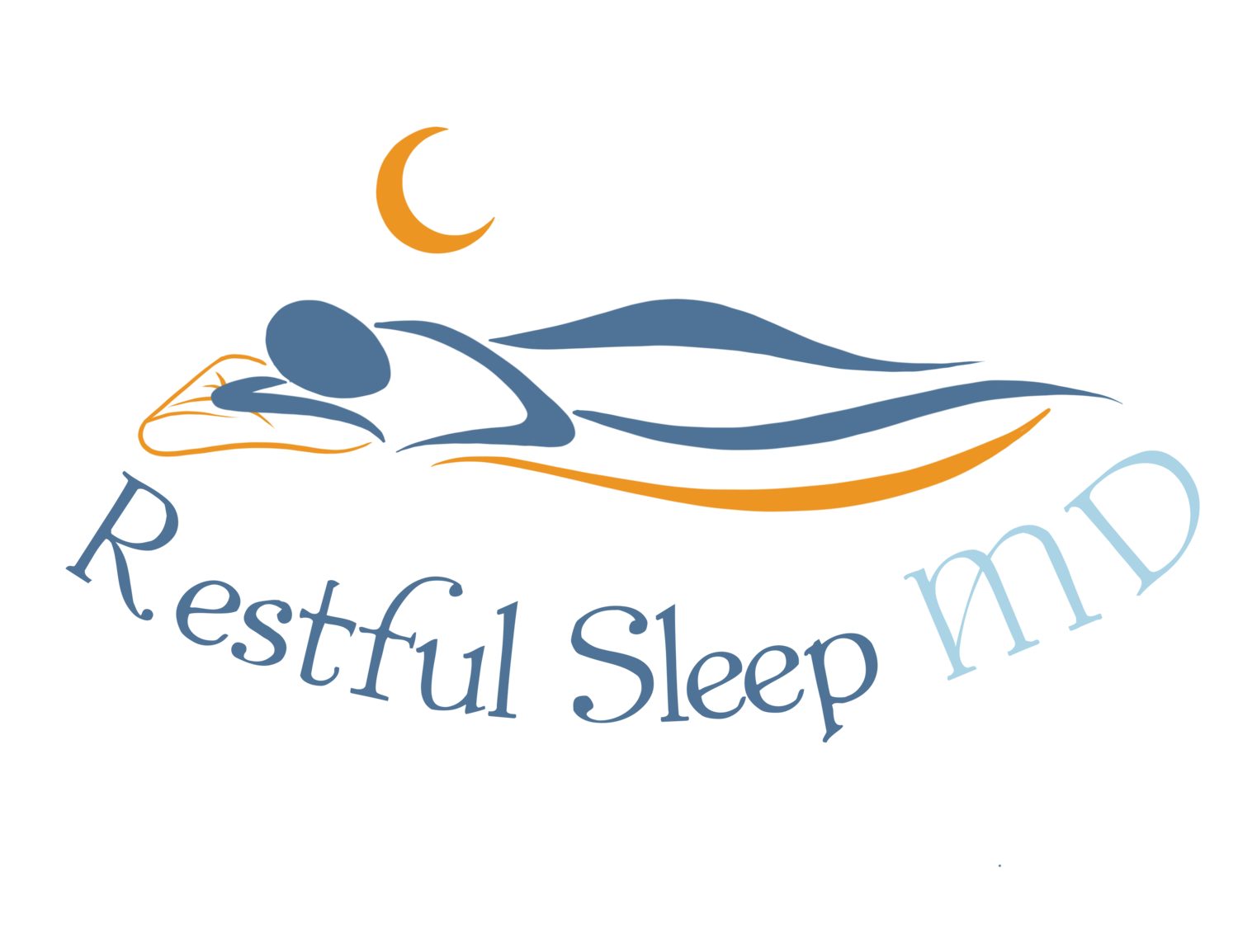6 Surprising Factors That May Be Disrupting Your Sleep
Many people know that caffeine or late-night screen time can interfere with sleep, but there are other, less obvious culprits that can quietly sabotage your rest. At Restful Sleep MD in Philadelphia, PA, Dr. Funke Afolabi-Brown—triple-board-certified sleep medicine physician—works with patients to uncover hidden factors behind their insomnia and poor-quality sleep. If you’ve been tossing and turning, one or more of these surprising issues could be to blame.
1. Alcohol Before Bed
A glass of wine or cocktail in the evening might make you feel drowsy, but alcohol actually disrupts the deeper, restorative stages of sleep. Studies show that even moderate drinking before bedtime can lead to more nighttime awakenings and lower sleep quality. You may fall asleep faster, but you’re less likely to wake up feeling refreshed.
2. Chronic Stress and Anxiety
Stress doesn’t just keep your mind racing—it triggers the release of cortisol, a hormone that can keep your body in “alert mode” when you should be winding down. Persistent stress can shift your sleep patterns, shorten your total sleep time, and increase the risk of insomnia.
3. Hormonal Fluctuations
Changes in estrogen and progesterone levels, especially during menstruation, pregnancy, or menopause, can cause night sweats, hot flashes, and restless nights. Testosterone changes in men can also affect sleep quality. Many people don’t realize that hormones play such a significant role in regulating the sleep-wake cycle.
4. Hidden Medical Conditions
Underlying health issues such as acid reflux, thyroid disorders, restless legs syndrome, or even undiagnosed sleep apnea can make it difficult to fall or stay asleep. Because these conditions aren’t always obvious, they often go untreated—and your sleep suffers.
5. Poor Sleep Environment
Sometimes the problem isn’t you—it’s your bedroom. Too much light, noise, an uncomfortable mattress, or a bedroom that’s too warm can all interfere with your body’s ability to transition into deep sleep. Even small environmental disruptions can make a big difference over time.
6. Late-Night Eating
A heavy or spicy meal before bed can lead to indigestion and acid reflux, making it hard to fall asleep comfortably. Even if you don’t feel discomfort, your body is still working to digest the food, which can delay your ability to reach deep sleep stages.
How Our Insomnia Counseling Program Can Help
At Restful Sleep MD, we know that sleep isn’t “one-size-fits-all.” Dr. Funke Afolabi-Brown takes a personalized approach to uncover the root causes of your poor sleep—whether it’s stress, hormones, lifestyle habits, or environmental triggers.
Our insomnia counseling program helps you:
Identify and address hidden sleep disruptors
Develop healthy sleep habits that stick
Learn proven relaxation and cognitive strategies to quiet the mind
Adjust your environment for optimal rest
Collaborate with medical professionals if underlying health conditions are present
Dr. Brown is passionate about helping busy professionals and families discover sleep as their superpower. With her guidance, you can reclaim restorative sleep, boost your mood, sharpen your focus, and improve your overall health.
If you’re ready to stop struggling through sleepless nights, schedule a consultation with Restful Sleep MD in Philadelphia. Together, we can uncover the surprising factors disrupting your rest—and help you wake up feeling like your best self again.



